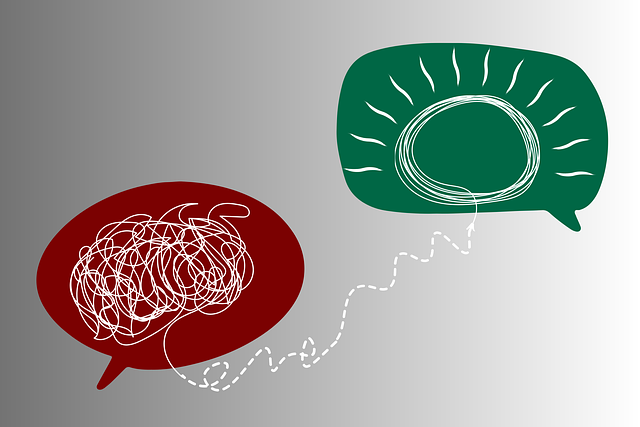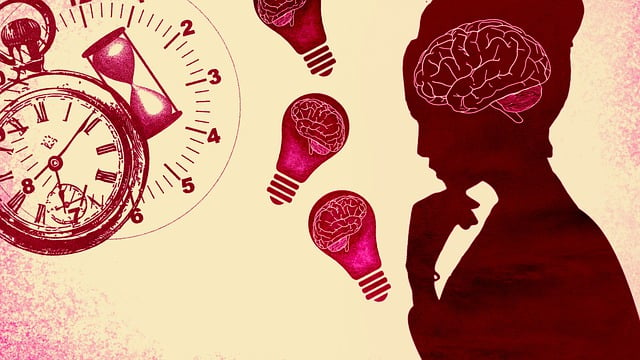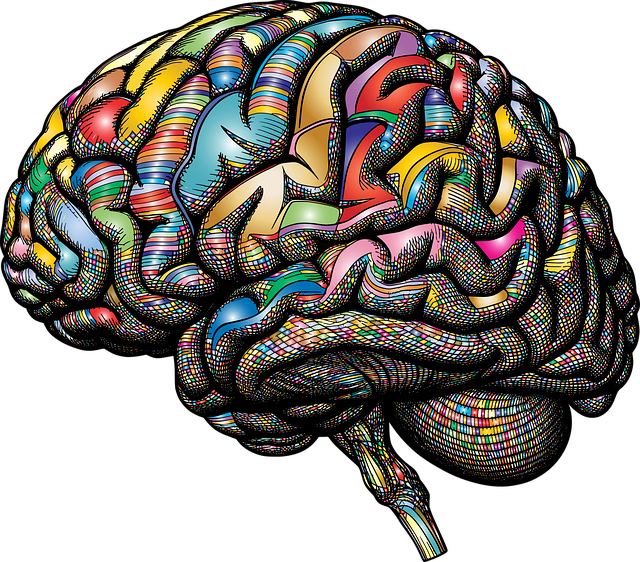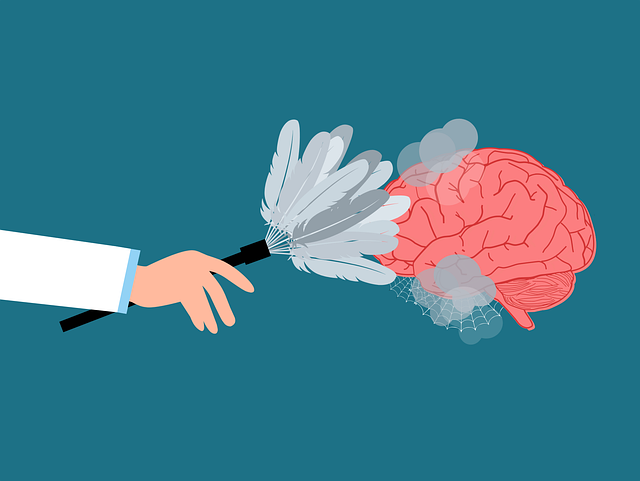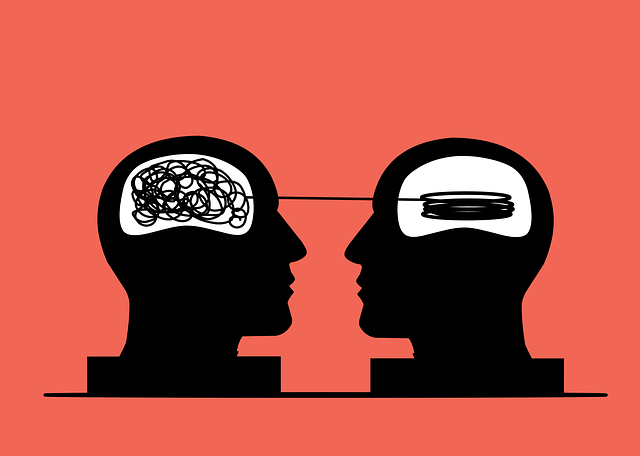Mindfulness meditation, rooted in ancient Buddhist philosophy and integrated into Northglenn Depression Therapy, offers a holistic approach to managing depression symptoms by fostering resilience against negative thought patterns and stress management. Starting a home practice with dedicated space, comfortable seating, and guided sessions or apps can improve emotional regulation and social skills through increased self-awareness. Despite challenges like busy schedules or skepticism, consistent practice starting small (5-10 minutes daily) yields benefits including reduced stress, improved focus, and enhanced overall well-being, making it an integral part of modern mental health education.
Discover the transformative power of mindfulness meditation with our comprehensive guide, tailored for those seeking Northglenn Depression Therapy. Learn how this ancient practice can be a powerful tool in managing mental health and enhancing well-being. From understanding its fundamentals to setting up a home practice and overcoming common challenges, we provide step-by-step guidance. Additionally, explore strategies to integrate mindfulness into daily life, offering lasting benefits for mind and body.
- Understanding Mindfulness Meditation for Northglenn Depression Therapy
- Setting Up a Successful Mindfulness Practice at Home
- Overcoming Common Challenges in Mindfulness Meditation
- Integrating Mindfulness into Daily Life for Lasting Well-being
Understanding Mindfulness Meditation for Northglenn Depression Therapy

Mindfulness meditation has gained prominence as an effective Northglenn Depression Therapy technique. It involves a conscious focus on the present moment, accepting thoughts and feelings without judgment. This practice is rooted in ancient Buddhist philosophy but has been integrated into modern therapeutic approaches, including Northglenn Depression Therapy. By encouraging individuals to be fully engaged with their senses and emotions, mindfulness meditation can significantly reduce symptoms of depression and promote overall well-being.
For those seeking Northglenn Depression Therapy, incorporating mindfulness practices can offer a holistic approach to healing. It aids in depression prevention by fostering resilience against negative thought patterns. Moreover, it complements trauma support services by providing individuals with tools to manage stress and process past traumas effectively. A thorough risk assessment for mental health professionals is essential when introducing mindfulness meditation as part of Northglenn Depression Therapy, ensuring safety and guiding clients towards beneficial outcomes.
Setting Up a Successful Mindfulness Practice at Home

Starting a mindfulness practice at home is an accessible way to improve mental health and well-being, offering a calming sanctuary for your mind. Begin by carving out a dedicated space, transforming it into a tranquil corner where you can sit and be present. This area should be free from distractions; consider soft lighting, comfortable seating, and perhaps some soothing decor like plants or candles. The goal is to create an environment that invites relaxation and focus.
Incorporate regular practice into your routine. Consistency is key to reaping the benefits of mindfulness meditation. Set aside just 10-15 minutes each day for your practice, using tools like guided meditations available online or apps designed for at-home mindfulness training. With time, this can enhance emotional regulation and improve social skills through increased self-awareness, benefiting both personal relationships and overall mental health, as supported by Northglenn Depression Therapy and Social Skills Training programs.
Overcoming Common Challenges in Mindfulness Meditation

Many individuals looking to integrate mindfulness meditation into their lives face challenges along the way. One common hurdle is maintaining consistent practice, especially when dealing with an already busy schedule or a demanding lifestyle. It’s important to remember that developing a regular meditation routine takes time and patience; starting small, perhaps with just 5-10 minutes daily, can make it easier to stick to. Over time, as mindfulness becomes a natural part of your day, you can gradually increase the duration.
Another challenge could be overcoming resistance or skepticism about the practice’s effectiveness, especially if one has not experienced its benefits before. It’s understandable to have doubts, but keeping an open mind is essential. Incorporating mindfulness into your self-care routine can help manage stress, improve focus, and enhance overall well-being, as supported by various studies in mental health awareness and policy analysis and advocacy. Northglenn depression therapy often includes mindfulness meditation as a tool to empower individuals in navigating their mental health journey.
Integrating Mindfulness into Daily Life for Lasting Well-being

Integrating mindfulness into your daily routine is a powerful way to cultivate lasting well-being and promote mental resilience, especially for those seeking support from Northglenn Depression Therapy. This ancient practice has gained modern relevance as a valuable tool in mental health education programs design. By dedicating just a few minutes each day, individuals can enhance their emotional intelligence and overall sense of calm.
Mindfulness involves being fully present and engaged with the current moment, without judgment. It encourages individuals to observe their thoughts and emotions without reacting impulsively. Regular mindfulness meditation practice has been shown to reduce stress, improve focus, and boost confidence, all of which contribute to a healthier and happier life. Incorporating simple breathing exercises or body scans during your morning routine can set a positive tone for the day ahead.
Mindfulness meditation, as a cornerstone of Northglenn Depression Therapy, offers a transformative path towards well-being. By setting up a successful home practice and integrating mindfulness into daily life, individuals can overcome challenges and cultivate a deeper sense of calm and resilience. This article has provided practical guidance for each step of this journey, empowering folks to embrace a more mindful existence and reap the benefits for their mental health.




